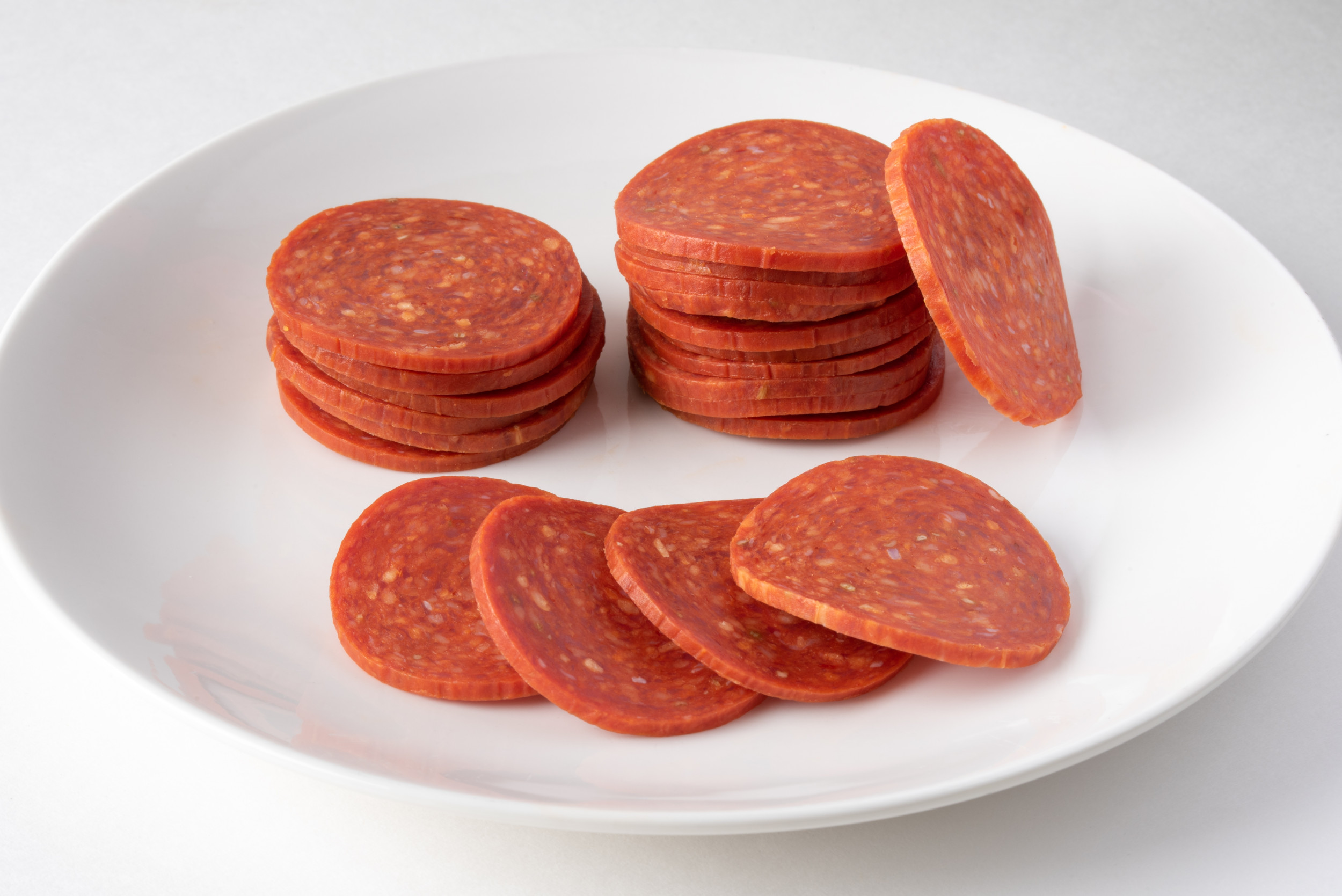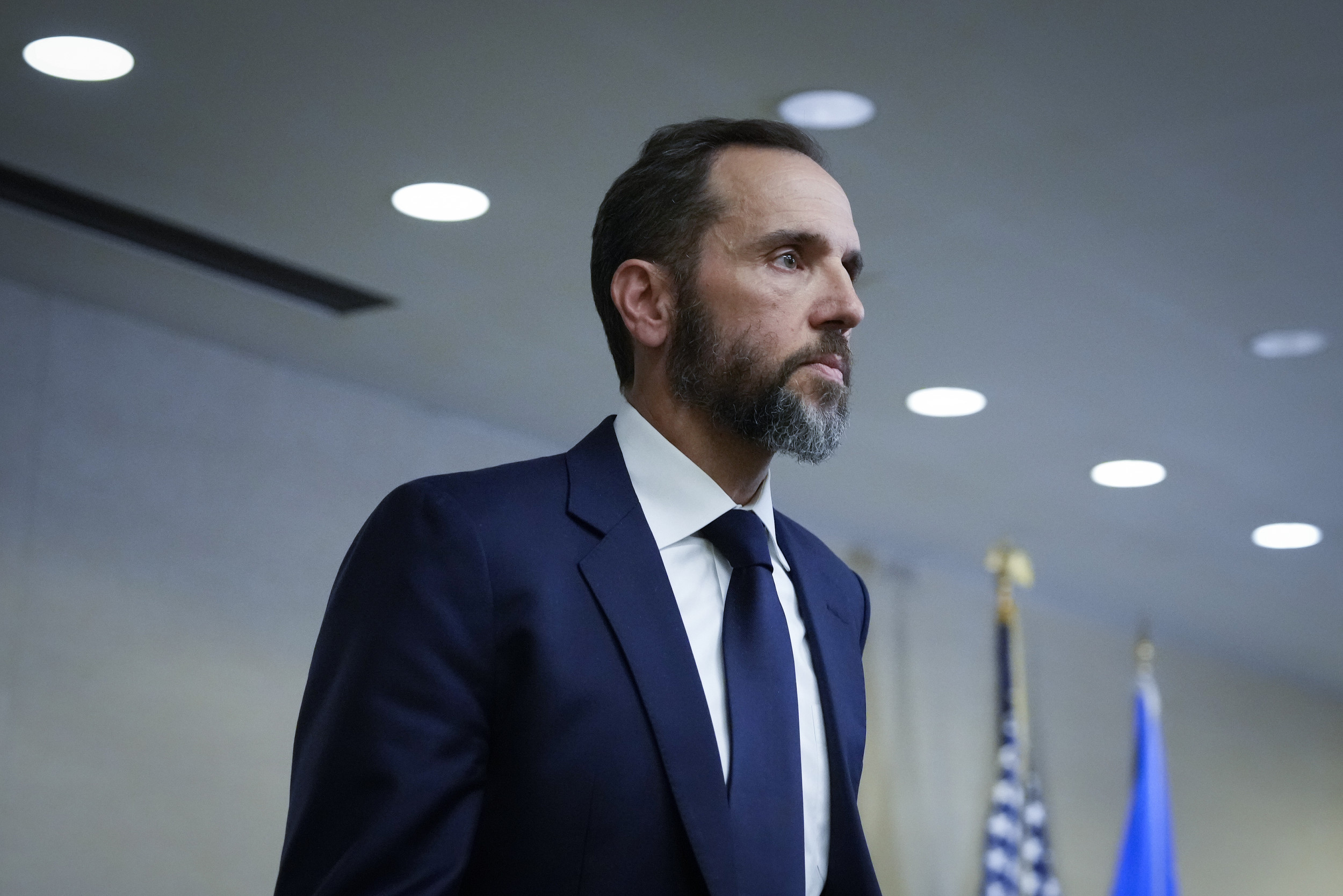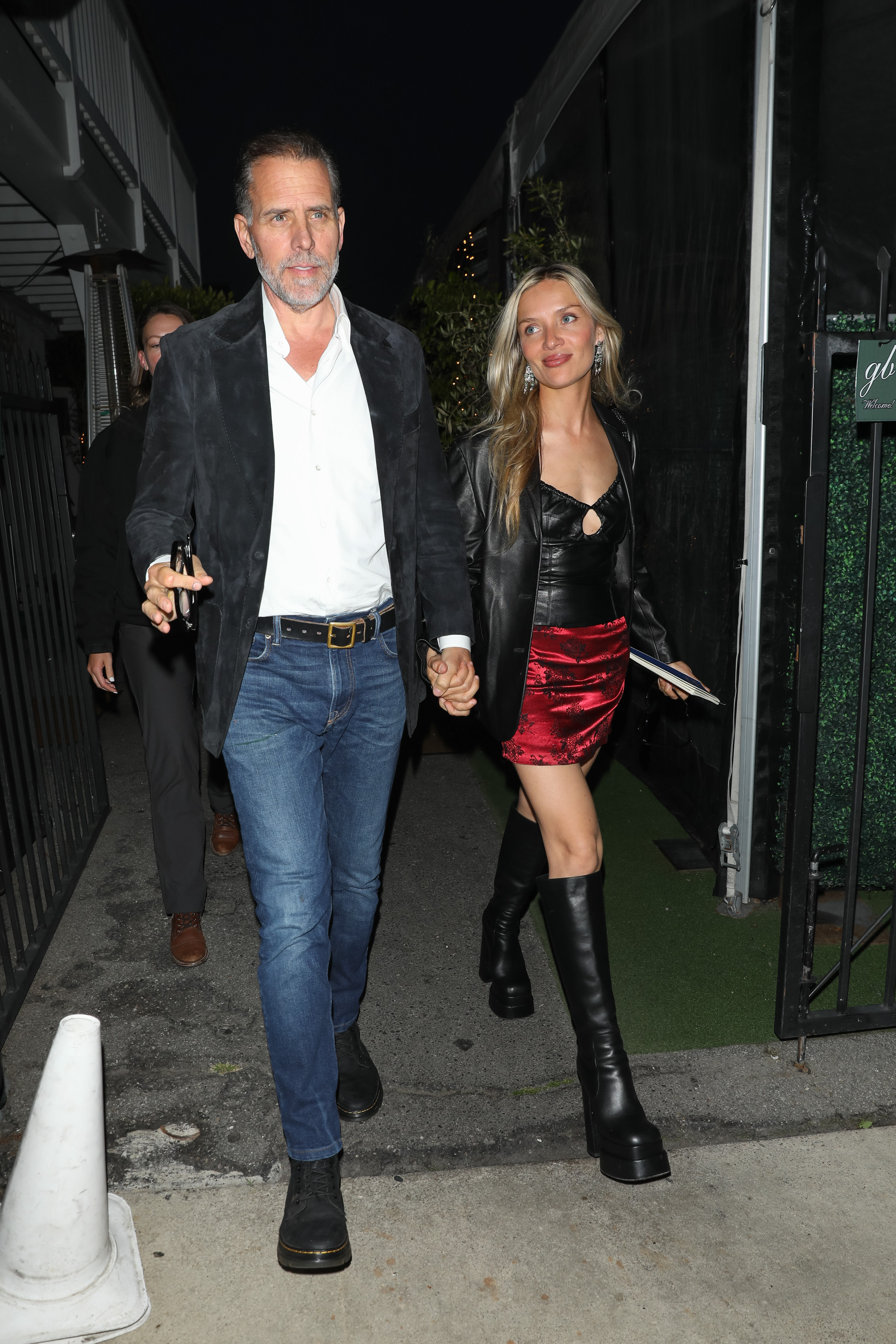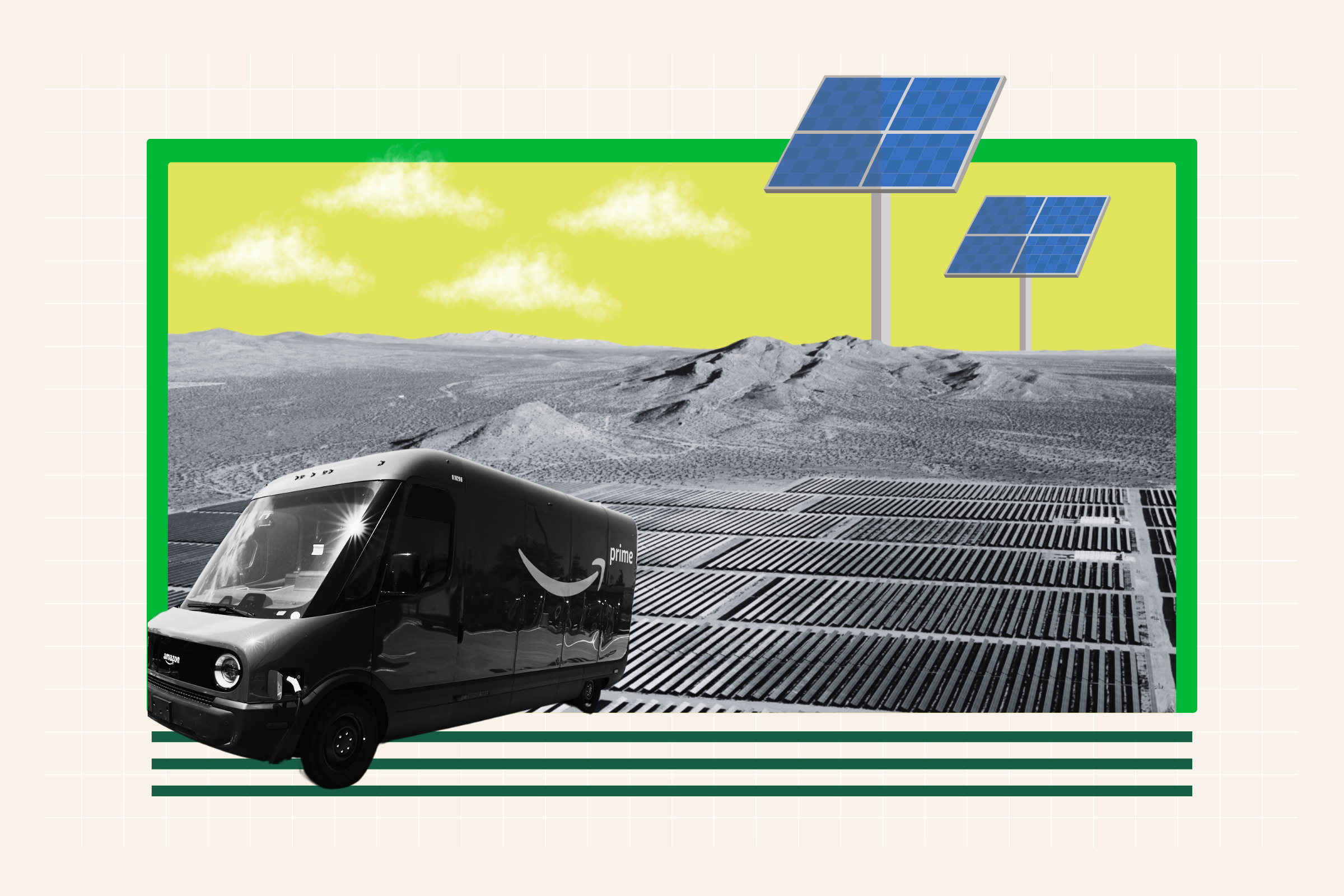Europe has changed irrevocably since Russian troops invaded Ukraine last week, Moscow's third attack on Ukraine in 10 years forcing the European Union and NATO to ditch any hope of rapprochement with President Vladimir Putin and the Kremlin.
Germany is rearming; Nord Stream 2 is dead; Finland and Sweden are debating NATO membership; Switzerland is imposing sanctions on Russian individuals and interests; and Ukraine, Moldova, and Georgia have all applied to become members of the EU.
Putin's brutal invasion might capture Kyiv. It might even allow Moscow to create a Balkanized and devastated Ukraine under Kremlin dominion. But the strongman's latest act of aggression will crown his list of strategic blunders, birthing a newly unified and motivated Western alliance.
Whether Ukraine is part of that alliance remains to be seen. Ukrainian troops and civilians are putting up fierce resistance, inflicting terrible losses on the invaders. But Russia's military capacity could still overwhelm the defenders before they are officially welcomed into the EU family.
The EU won't be adding any new members imminently, for all the enthusiasm around President Volodymyr Zelensky's emotional appeal to the European Parliament and the supportive comments of European Commission President Ursula von der Leyen.
"In the short term, I'm afraid to say that I don't think they can be anything more than just symbolic," Corina Stratulat, a senior policy analyst at the European Policy Center, told Newsweek of the three new membership applications.
"In the long term, of course, they can result in something very concrete, very practical, which is an accession process for all of these countries. If the process stays what it is, if the member states behave as we know they behave, then I don't see how this can happen overnight."
Key EU member states seem to agree, though couch it in more neutral terms.
The EU Parliament this week voted to advance Ukraine's application, but the real challenge will be the member states whose leaders make up the EU Council. The Council is by nature focused on the domestic impacts of any EU decisions.
A French diplomatic source, who did not wish to be named, told Newsweek that Paris' priority is to end the war and to continue supporting Ukraine in any way possible. Ukraine's membership bid, they said, is a question for all 27 member states to be conducted "at the highest level, in a spirit of unity and responsibility."
"It is a discussion that also falls under the scope of the European Union's future more generally," the source said, adding that Ukraine is considered a "member of the European family" and already enjoys "very close" relationships with its EU partners.
Germany's Foreign Minister Annalena Baerbock said: "Accession is not something that can be completed in a few months, but involves an intensive and far-reaching process of transformation," as reported by Bloomberg.
Spanish Foreign Minister Jose Manuel Albares Bueno was similarly reluctant to throw Madrid's weight behind the fast-tracked membership proposal being championed by several states in the Baltics and eastern Europe.
"It is clear that the European Union has distinct relationships with multiple countries. For some it is membership within the Union, for others it is a close association through trade," Albares said earlier this week.
"There are different relationships, and a country like Ukraine, which looks at the European Union with a heart that beats with the same values as our own: Democracy, the free market, and social justice, there is of course space for a more developed affiliation with the European Union.
"Like the rest of the countries in Europe, it will develop gradually, but of course there is space for a relationship."

Austria, too, has readily adopted the sanctions that are crippling Russia's economy and isolating it from the world, despite Vienna's close ties with Moscow which have been a bugbear for their more Russo-skeptic EU allies.
The Austrian Foreign Ministry told Newsweek that the EU has "clear criteria, conditions and procedures for receiving candidate status, starting accession talks and EU membership."
A spokesperson said they "appreciate and respect Ukraine's wish to become an EU member and be part of our European family," adding: "Ukraine is already associated to the EU; we should swiftly explore ways of significantly deepening this association, e.g. in the field of energy or regarding a common market."
The spokesperson said the EU enlargement process has been "established for decades."
"Austria does not think that all these principles should be thrown overboard," they said. "We also have to think of all the membership aspirants that have been working very hard for many years, we should avoid creating two-class candidates."
Existing candidates have worked through years of difficult negotiations and reforms to stay on the EU path. Member states have been hesitant to admit new members over concerns about migration, the economic viability of new joiners, and the cultural differences with newer members like Hungary and Poland which have caused so much conflict within the union.
Albania, North Macedonia, Montenegro, Serbia, and Turkey are the current candidate countries—though Turkey's bid has been frozen for years—with Bosnia and Herzegovina, and Kosovo also having expressed interest but have not yet been granted candidate status.
Giving Ukraine special treatment, even with the international sympathy prompted by the Russian invasion, might leave current applicants bitter.
The barriers preventing their accession are also present in Ukraine, Moldova, and Georgia to varying degrees. "All of these new countries, new applicants, are facing similar challenges with respect to democracy, with respect to the rule of law, with respect to administration capacity, with respect to the economy, and so on," Stratulat said.
"And of course now, Ukraine would also add the overlay of a post-war society, with which the EU has some experience from the Balkans.
"It knows that it's a very, very difficult challenge in itself, because reconstructing societies after the kind of destruction that happens on all levels in a war is really a very serious task."
Admitting Ukraine would also open the EU up to direct conflict with Russia. Article 42.7 of the Lisbon Treaty obliges member states to help any other member that becomes "the victim of armed aggression on its territory" by "all the means in their power."
No one in Brussels is spoiling for a showdown with the Russian military.
The EU's membership process is a living thing and has been changed before. After the "Big Bang" expansion—when 10 nations joined the union at the same time in 2004—the rules for new applicants have been tightened.
Greece's financial crisis almost brought the block down with it, and the migration crisis in 2015 soured some on the feasibility of free movement.
Sympathetic member states could yet make a special case for Ukraine, despite the myriad practical problems it would pose. "Everything is possible," Straulat said.

Uncommon Knowledge
Newsweek is committed to challenging conventional wisdom and finding connections in the search for common ground.
Newsweek is committed to challenging conventional wisdom and finding connections in the search for common ground.
About the writer
David Brennan is Newsweek's Diplomatic Correspondent covering world politics and conflicts from London with a focus on NATO, the European ... Read more





